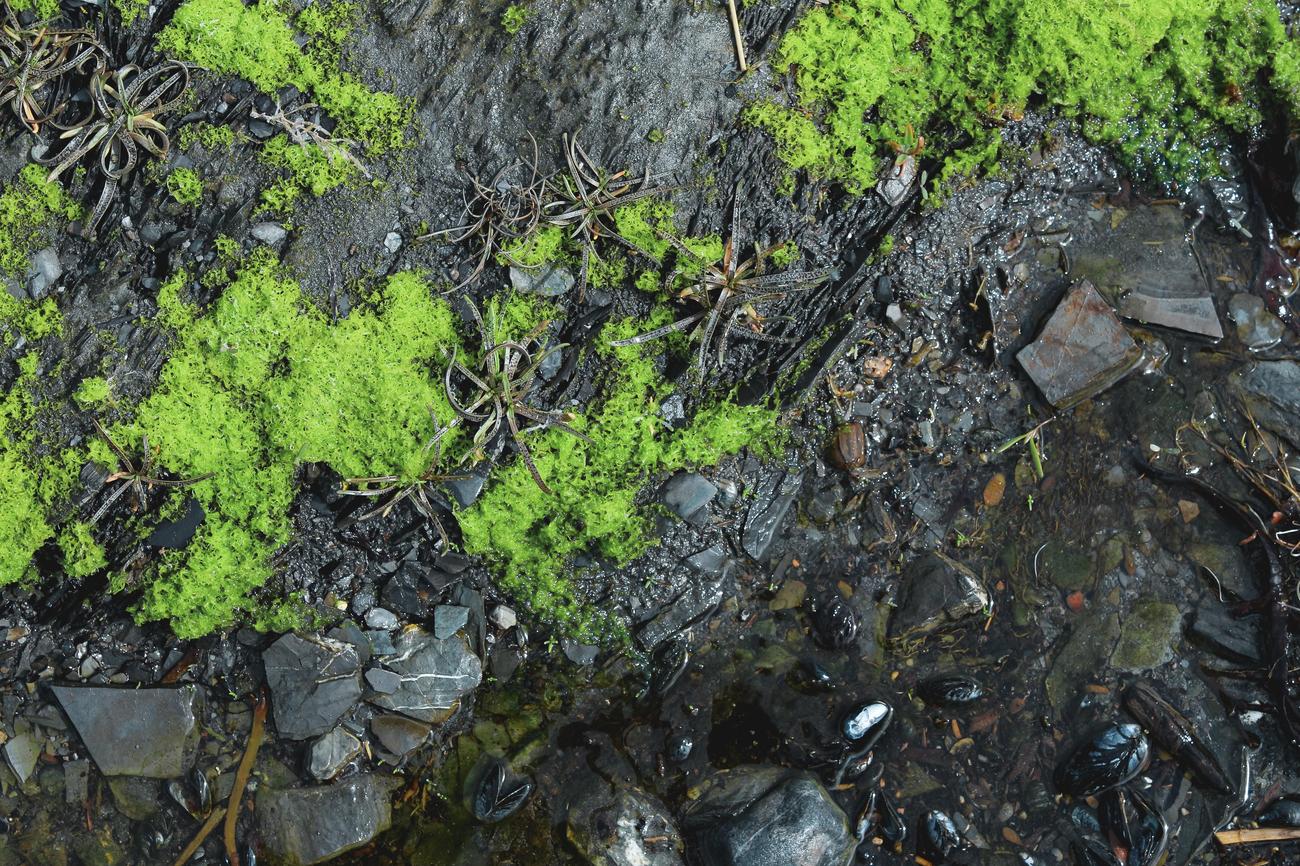Are you ready to dive into the fascinating world of composting? Join me on a journey through time as we unravel the historical significance of this age-old practice. In this article, we will explore the rich heritage of composting and its evolution over the centuries. From ancient civilizations harnessing the power of organic waste to modern techniques that promote sustainability, we will uncover the secrets of this transformative process. So, buckle up and get ready to discover how composting has shaped our past and continues to pave the way towards a greener and more regenerative future.

History of Composting
Composting, the practice of converting organic waste into nutrient-rich soil, has a fascinating history that stretches back thousands of years. From ancient civilizations to modern-day methods, composting has played a crucial role in sustainable agriculture and waste management. Let’s dive into the rich heritage and historical significance of composting.
Ancient Beginnings
The origins of composting can be traced back to ancient civilizations such as Egypt, Greece, and Rome. The earliest evidence of compost or manure use can be found shortly after the advent of cultivation. These early farmers recognized the value of organic matter in replenishing the soil and boosting crop yields.
In fact, ancient texts like the Talmud and the Bible make references to the importance of compost and fertilizers. The Romans, Greeks, and Egyptians were pioneers in utilizing various composting and fertilization methods for their fields. They understood that by returning organic waste back to the soil, they could maintain its fertility and productivity.
Global Practices
Composting methods were not limited to just a few civilizations. Around the world, in countries such as India, China, and Malaysia, people developed their own unique composting techniques. These methods were passed down through generations, resulting in a diverse range of composting practices that catered to different climates and agricultural systems.
The history of composting is not only about ancient practices but also embraces the contributions of notable individuals in more recent history. Visionaries like George Washington, Thomas Jefferson, James Madison, and George Washington Carver were all proponents of composting in the early days of the United States. They recognized the benefits of compost as a natural fertilizer and soil conditioner.
Modern Advances
In recent years, composting has gained renewed popularity, driven by a growing awareness of environmental sustainability. Cities like San Francisco have implemented large-scale composting programs as part of their waste management strategies. These initiatives aim to divert organic waste from landfills, reducing greenhouse gas emissions and promoting the production of nutrient-rich compost. The modern-day interest in composting builds upon centuries of knowledge and experience.
The history of composting is a testament to the enduring wisdom of utilizing organic waste to enhance soil health and enrich agricultural practices. As we strive for a more sustainable and regenerative future, the significance of composting becomes even more apparent.
To summarize the historical significance of composting, we can quote:
“Throughout the ages, composting has been a cornerstone of sustainable agriculture, embraced by ancient civilizations and influential figures alike. Today, as we confront environmental challenges, composting continues to offer a vital solution for building healthy soils and promoting sustainable farming practices.”
When it comes to the history of composting, you might be surprised to learn that it has a much longer timeline than you may think. From ancient civilizations to the modern-day practices we see today, composting has played a vital role in sustainable living for centuries. If you’re curious about when this eco-friendly practice actually began, click here to explore the fascinating origins of composting.
FAQ
Question: What are some early civilizations that practiced composting?
Answer: Composting has a long history and was practiced by civilizations such as Egypt, Greece, and Rome.
Question: When was the first known use of compost or manure?
Answer: The first known use of compost or manure likely occurred shortly after the start of cultivation.
Question: Are there any references to compost and fertilizers in ancient texts?
Answer: Yes, the importance of compost and fertilizers is referenced in both the Talmud and the Bible.
Question: Which other countries developed composting methods?
Answer: Composting methods were developed in countries such as India, China, Malaysia, and others.
Question: Who were some proponents of composting in early United States history?
Answer: George Washington, Thomas Jefferson, James Madison, and George Washington Carver were proponents of composting in early United States history.
“`json
“`
- Crypto Quotes’ Red Flags: Avoid Costly Mistakes - June 30, 2025
- Unlock Inspirational Crypto Quotes: Future Predictions - June 30, 2025
- Famous Bitcoin Quotes: A Deep Dive into Crypto’s History - June 30, 2025
















